Last Updated on July 25, 2022
The job of the drive shaft is to transfer the rotational energy of the engine from the differentials or gearbox to your vehicle’s wheels. You will normally see drive shafts being used in vehicles that have rear-wheel drive or 4-wheel drive.
The back of the transmission has a rotating output shaft which then rotates the driveshaft that is connected to it. This starts a chain reaction where it rotates the ring gear of the differential when then rotates the vehicle’s wheels.
Since driveshafts spin rapidly to create this turning effect, they need to be weighted and balanced just right. Otherwise, the driveshafts will start to make noise as you try turning, braking, and reversing.
If these noises are not taken care of quickly, the symptoms could progress into something much worse which will impact your driving altogether.
Top 3 Causes of Drive Shaft Noises
The slightest problem with the drive shaft can cause these noises to occur when braking, reversing, or turning. To learn about what the various causes may be, below are the three most common reasons you may be hearing noise from the drive shaft.
#1 – Bad Bearings or Bushings

The drive shaft receives support from a bearing or bushing. It works to support each section of the driveshaft by keeping them connected. The inside is usually made of rubber to give it added support.
If you were to have bad bearings or bushings, then it will cause unusual noises to develop from your drive shaft because the intensity of the vibrations will increase.
See Also: Symptoms of Bad Wheel Bearings
#2 – Bad U-Joints
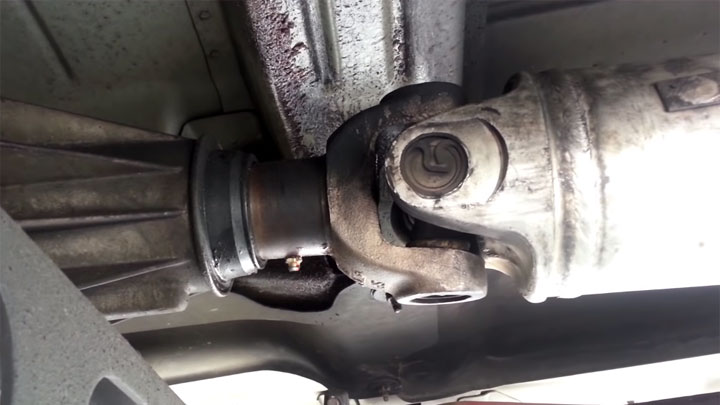
Universal joints, or U-joints, are responsible for keeping stiff rods connected together when they have two inclining axes.
If these joints were to get damaged, fail, or wear out from excessive use, then the rotation of your drive shaft will malfunction as well. Then you will hear all kinds of unusual sounds, such as scraping, rattling, or possibly even clunking from a slip yoke.
See Also: Do You Need a Slip Yoke Eliminator?
#3 – Dislocated Drive shaft
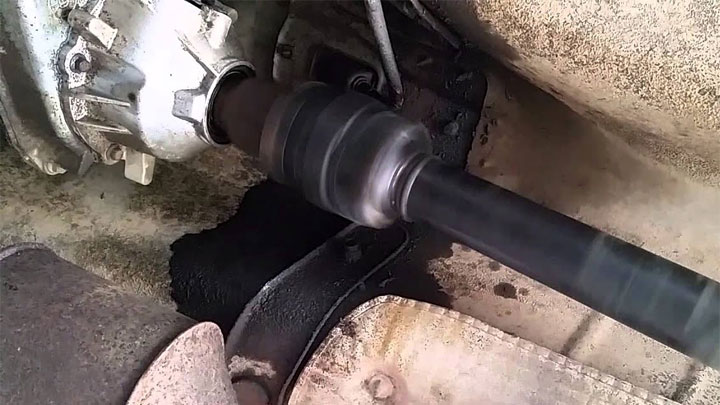
If you let your U-joints get in too bad of shape, your entire driveshaft could become dislocated and actually fall onto the pavement as you’re driving.
Once this happens, you won’t be driving anymore because power will no longer be able to get transferred to the wheels of your vehicle. Prior to the dislocation, the noises you hear when turning and braking will grow to be much louder.
Let this be a sign to get your driveshaft replaced before it drops out entirely from the assembly.
See Also: Symptoms of a Bad CV Joint
Drive Shaft Replacement Cost
Best places to order parts? See: 19 Best Online Auto Parts Stores

The cost of replacing the drive shaft will be anywhere from $500, to $3,000. It really depends on what the make and model of your vehicle is.
Most of the expense will come from the cost of the drive shaft part itself. This part is cheaper for some vehicles than it is for other vehicles.
For example, a 2010 Buick LaCrosse’s drive shaft may cost around $400-$500. But if you have a 2018 BMW 330i, then you are looking at about $1,500 to $2,000 just for the driveshaft assembly itself. You can see the big price difference there and it mainly relates to the make and model.
As for the labor costs, those are actually not too bad. You may only pay between $100 and $250 for those labor costs because it should only take the mechanic 1 to 2 hours to perform the replacement job.
The best way to save money on the labor costs will be to shop around for a good mechanic who has the cheapest hourly rate but gets good reviews online.
Otherwise, if you are comfortable trying to replace it yourself or know somebody who can do it for you, then you can save a little bit of money on the labor costs that way. But since most of the expense goes toward the cost of the part, it doesn’t really matter anyway.

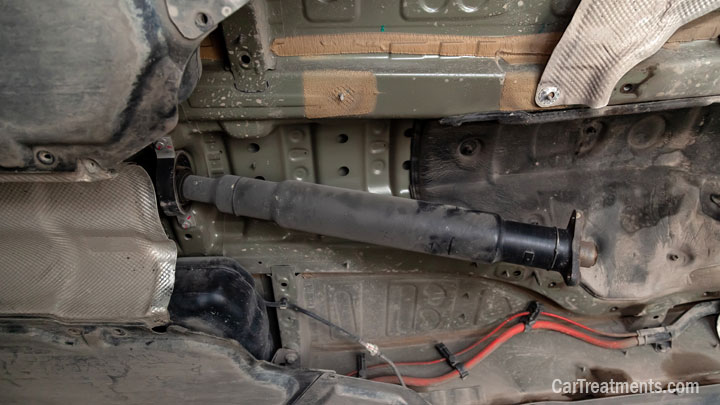
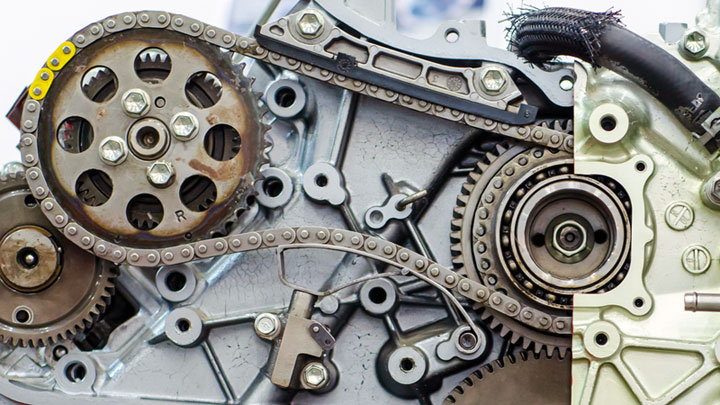
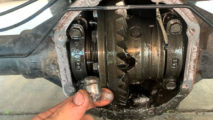
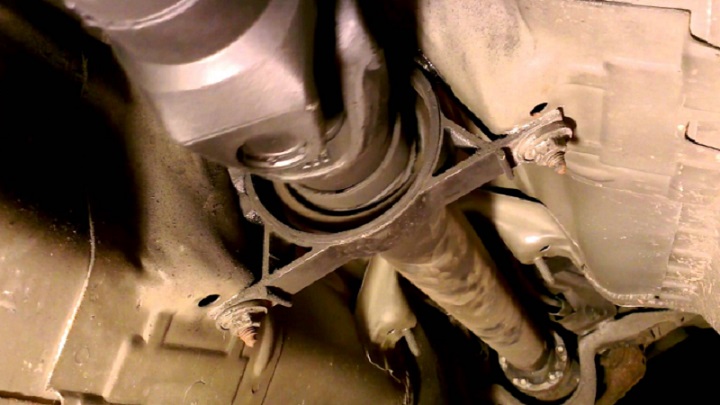
wow! i ve learn alot you guys thanks alot five stars..for u.
Thank you wish I knew more what be wrong with truck
My polo tsi 2017 makes a funny sound on the right wheel and I did check the cv joint they are fine and also the bearing..one of the home mechanic says it might be at the gear box
Can you describe the sound? Check the wheels and the brakes. Those are easiest. You could have something like a rock stuck in the brake caliper or even a crack in the wheel.